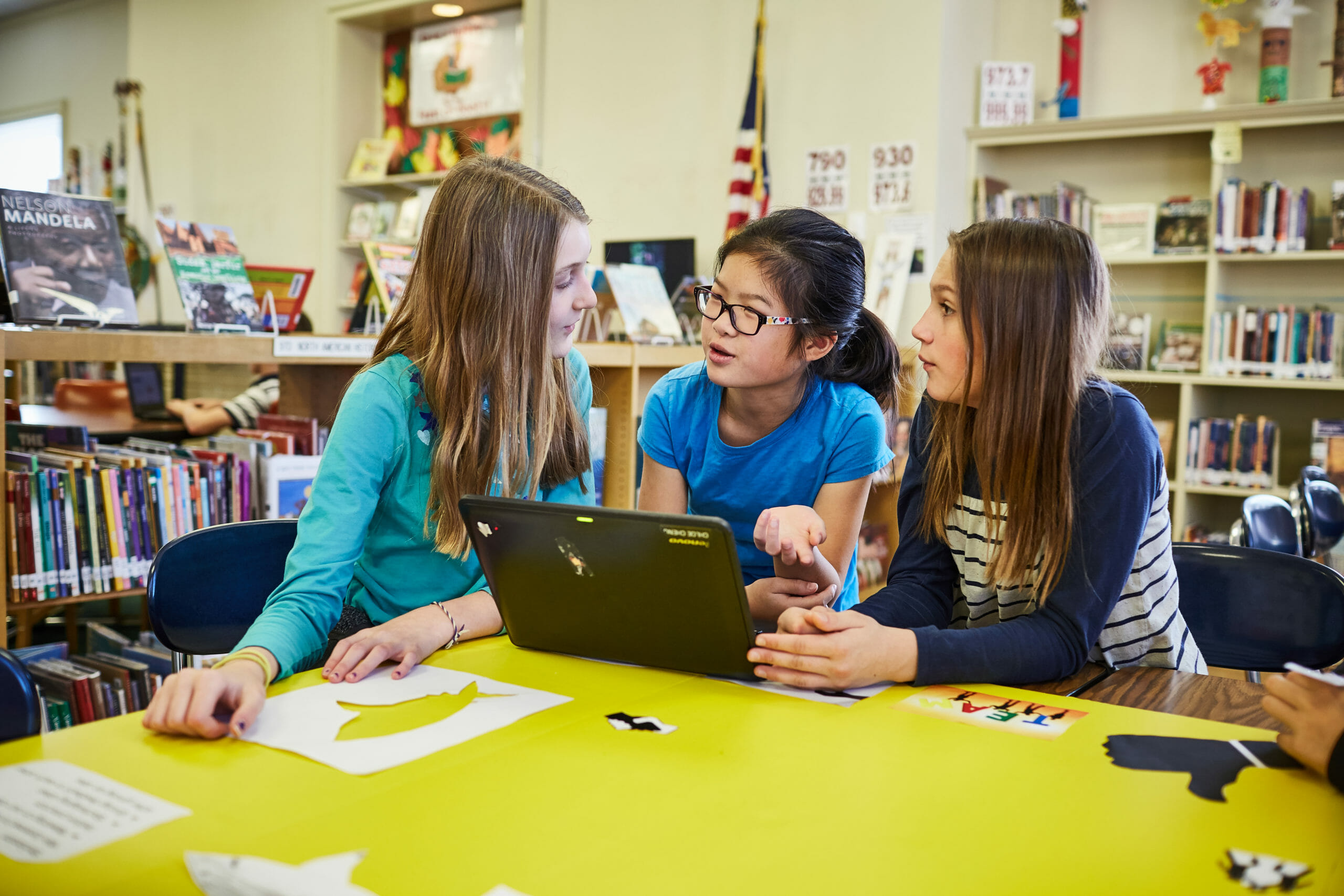
Over the last two decades, the way students search for knowledge has changed dramatically. In the past, a trip to the library was a routine part of academic life. Whether it was for research, group discussions, or borrowing books, libraries were considered the backbone of education. Today, however, Google and other search engines have made information available at the click of a button. This shift has raised an important question: Do students still need libraries in the age of Google?
The answer is not as simple as yes or no. While technology has transformed learning, libraries continue to offer unique benefits that digital platforms cannot completely replace. Let’s explore both sides.
The Case for Google and Online Resources
Instant Access to Information
Google provides quick answers to almost any question. From academic articles to video tutorials, students can find resources in seconds. For those who don’t have the time to physically visit a library, online resources are a convenient alternative.
Wide Range of Sources
Unlike libraries, which are limited by physical space, the internet offers a practically endless amount of information. Students can access global research papers, e-books, online lectures, and even virtual simulations.
Interactive Learning
Online platforms make learning more engaging. For example, YouTube lectures, educational podcasts, and online courses add variety to traditional textbook learning. This appeals to modern students who prefer interactive and visual methods of studying.
Remote Learning Support
With the rise of online education, especially after the pandemic, students rely heavily on digital resources. Google provides the flexibility to study from anywhere without being restricted by library hours.
Why Libraries Still Matter
Despite the popularity of Google, libraries continue to hold an important place in student life. Here’s why:
Reliable and Verified Sources
One of the biggest drawbacks of online searches is the question of reliability. Not everything on Google is fact-checked. In contrast, libraries house curated collections of books, journals, and research materials that have been peer-reviewed and verified. This makes libraries a more trustworthy source for academic work.
A Distraction-Free Environment
Studying online often comes with distractions like social media, ads, or notifications. Libraries provide a quiet, focused atmosphere that encourages concentration. For many students, libraries are the best place to study without interruptions.
Access to Resources Beyond Google
Many valuable academic journals, rare books, and historical archives are not freely available online. Libraries often provide subscriptions to paid databases and access to materials that cannot be easily found on the internet.
Human Guidance and Support
Librarians are more than just caretakers of books. They guide students on how to conduct proper research, cite sources, and use academic databases effectively. This personalized support is something Google cannot provide.
Building a Community
Libraries also serve as community hubs. They encourage group study, discussions, and peer learning. For many students, the library is not just a place to find books but also a space to collaborate and grow together.
The Balance Between Google and Libraries
The debate is not about choosing one over the other. Instead, students should learn to balance both resources. Google is excellent for quick searches, multimedia learning, and staying updated with the latest trends. Libraries, on the other hand, ensure accuracy, depth, and discipline in research.
For example, a student writing a research paper might use Google to get a broad overview of the topic but rely on library journals and books for authentic references. Similarly, someone preparing for exams might prefer the quiet space of a library while still using Google for practice questions.
The Future of Libraries in a Digital World
Libraries are not disappearing; they are evolving. Many modern libraries are becoming hybrid spaces by offering:
- Digital libraries with e-books and online journal access.
- Technology zones with computers, printers, and Wi-Fi.
- Workshops and training sessions on research skills and digital literacy.
- Collaborative spaces where students can brainstorm and work together.
In this way, libraries are adapting to remain relevant in the Google era. They are no longer just about books but about providing a complete learning environment.



.jpg)













Share your comments & questions here
No comments yet. Be the first to comment!